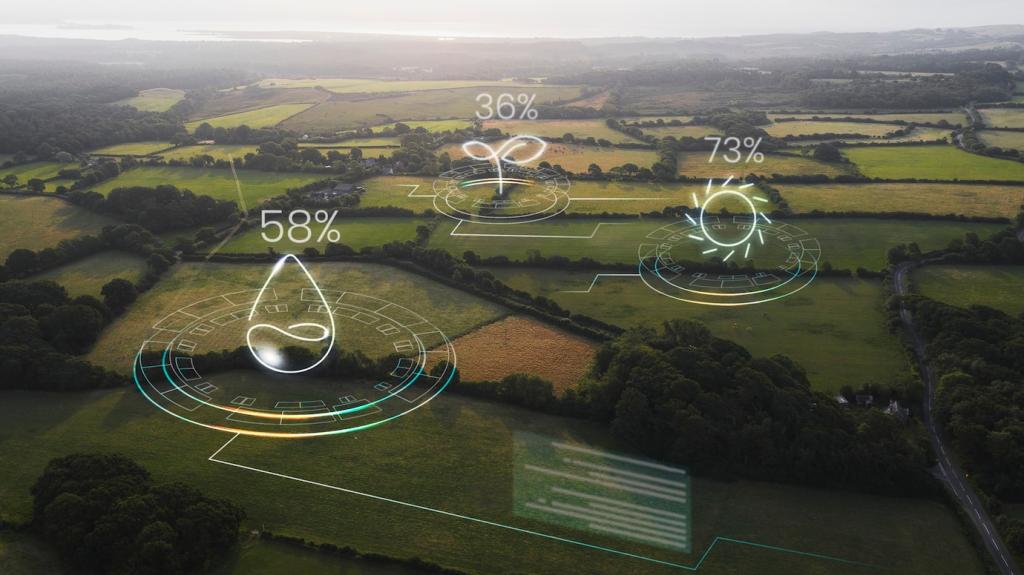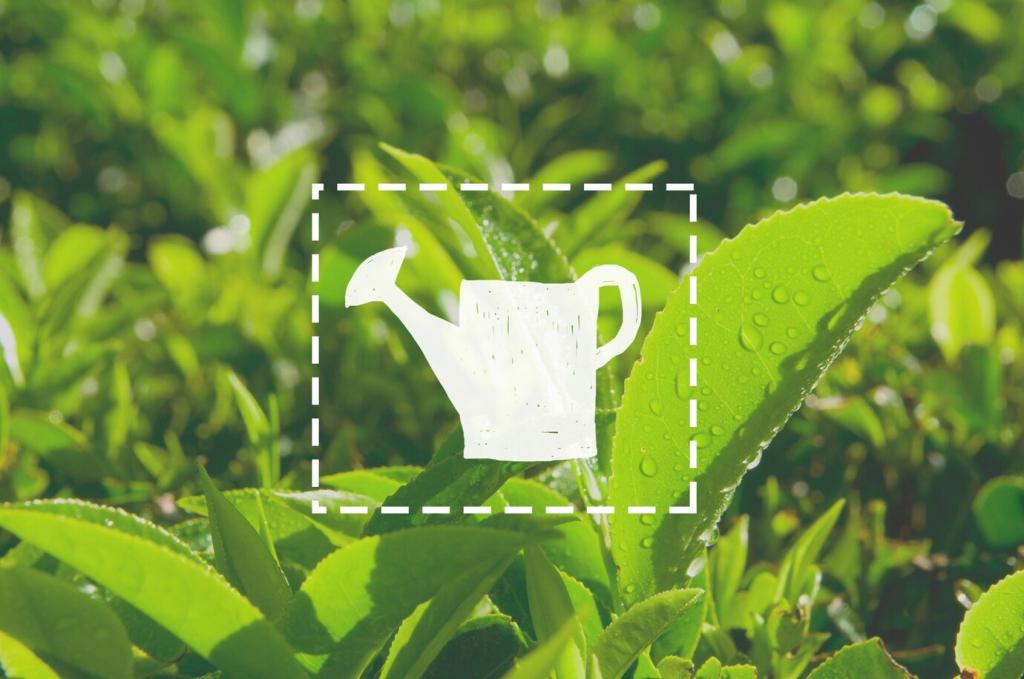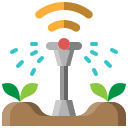Energy Efficiency in Smart Irrigation Systems
Achieving optimal energy efficiency in smart irrigation systems has become an integral part of sustainable agriculture and landscape management. As advancements in technology reshape traditional irrigation methods, growers and property managers increasingly turn to intelligent solutions that minimize energy usage while ensuring precise water application. This page explores how energy efficiency is achieved, the core technologies involved, the benefits fostered by these smart systems, and the future trends that promise even greater energy savings and environmental stewardship.

The Role of Sensors in Water Optimization
Sensors lie at the heart of energy-efficient smart irrigation. These sensors monitor soil moisture, temperature, humidity, and weather forecasts to accurately determine the water needs of specific areas. By providing real-time data, they ensure that irrigation occurs only when necessary, and at the precise volumes required, preventing excessive water and energy use. As a result, pump cycles are minimized, and the system’s energy consumption is significantly reduced, leading to lower utility bills and less strain on natural resources.

Automation and Control Technologies
Automation is a defining characteristic of smart irrigation systems that boosts energy efficiency. Through programmable controllers and remote management via smartphones or computers, users can schedule irrigation based on actual requirements rather than fixed intervals. This level of control significantly reduces run times and avoids the inefficiencies of manual irrigation practices. With automated start and stop functions aligned to field conditions, energy usage associated with pumps, valves, and distribution networks drops considerably, driving sustainability in the process.

Data-Driven Decision Making
With the integration of data analytics, smart irrigation systems empower users to make informed decisions about water and energy use. Patterns revealed by continuous data collection allow for system adjustments that further enhance efficiency. Owners can compare performance over time, identify areas for improvement, and forecast irrigation needs with greater accuracy. This analytical approach leads not only to better resource management but also to ongoing reductions in energy consumption and operating expenses.
Core Technologies Powering Smart Irrigation
Intelligent Controllers and Scheduling Algorithms
At the core of every smart irrigation setup is an intelligent controller that processes environmental data and manages irrigation cycles. These controllers use sophisticated scheduling algorithms that calculate optimal watering times based on predicted weather, evapotranspiration rates, and plant water uptake. By aligning irrigation precisely with need, energy is used only when necessary, cutting waste. Intelligent controllers can also adapt to unexpected changes—like rainfall or temperature shifts—further ensuring that the system operates with maximum efficiency at all times.
Variable Frequency Drives (VFDs) and Efficient Pumping
Variable Frequency Drives (VFDs) are crucial for controlling the speed of irrigation pumps, matching their output to actual demand rather than running at full power constantly. By dynamically adjusting pump operations, VFDs prevent energy overspend and reduce mechanical stress on system infrastructure. This not only prolongs equipment lifespan but also ensures that electrical usage is balanced with real-world requirements, translating into measurable reductions on every utility bill. VFD technology epitomizes practical energy efficiency for modern irrigation.
Cloud Connectivity and Remote Monitoring
Cloud-based connectivity allows for remote operation and monitoring of irrigation systems at any scale. Users can access status reports, receive fault alerts, and make immediate adjustments from anywhere in the world, all through a secure digital interface. This real-time oversight reduces unnecessary system runs and ensures rapid response to issues, which ultimately conserves both water and power. Cloud integration thus enables better management practices, leading to consistent energy savings and more environmentally friendly irrigation cycles.

